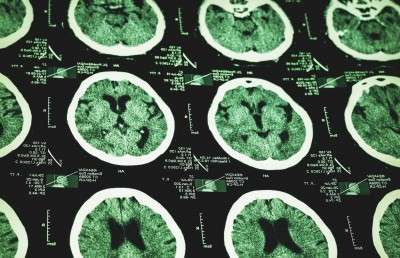Groundbreaking discovery for major trauma patients

Researchers from the Australian and New Zealand Intensive Care Research Centre (ANZIC-RC) in the School of Public Health and Preventive Medicine (SPHPM) at Monash University presented significant research findings on traumatic brain injury (TBI) mortality at the 28th Annual European Society of Intensive Care Medicine (ESICM) congress today in Berlin.
As thousands of intensive care professionals from around the globe attend the five-day event, the results of this world-first clinical trial involving seven countries was presented for the first time to the congress and published concurrently in the Lancet medical journal.
The double-blind placebo-controlled trial was undertaken at 29 university-affiliated teaching hospitals in Australia, New Zealand, France, Germany, Finland, Ireland, and Saudi Arabia over a five-year period.
The results of the phase III clinical trial of the hormone erythropoietin (EPO) in critically ill patients with TBI revealed a statistically significant reduction in mortality for TBI patients who were administered EPO.
Professor Rinaldo Bellomo from ANZIC-RC was the chief investigator on the project that was funded by the National Health and Medical Research Council (NHMRC) and the Transport Accident Commission (TAC).
"Worldwide trauma is a leading cause of illness, death, and disability. Our study is the first to demonstrate that EPO reduces mortality. The results have been subjected to independent peer review and published in the highly respected journal The Lancet," Professor Bellomo said.
While this international trial study did not demonstrate any increase in the number of patients at six months with little or moderate disability, an unexpected and substantial (5 per cent absolute, 30 per cent relative) reduction in death was observed.
EPO is a naturally occurring hormone made in the kidney. Its primary function it to stimulate the development of red blood cells, however it has other effects that may assist the body's ability to recover from trauma.
"This is the first time a potentially protective drug being evaluated in trauma has translated some of its pre-clinical profile into human studies," Professor Bellomo said.
While he is excited about the broad implications this research has, Professor Bellomo stressed that further research in this area is still needed.
"Our results have broad implications, however additional research is required to understand that mechanisms by which EPO may save lives and the quality of life of survivors before its routine use can be advised."















